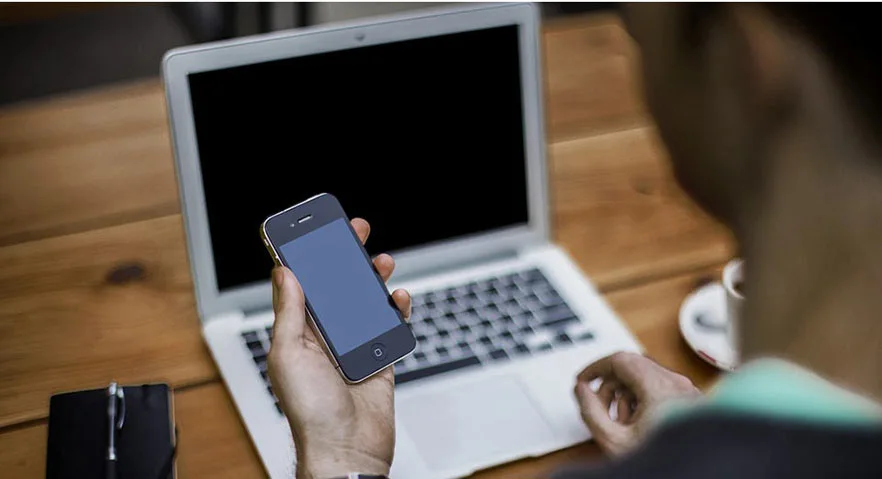Tips National Removals

Each move is unique and requires specific treatment.
However, here are a few tips to make your international transfer easier
We recommend that you read/print our tips for national removals then
MOVING TIPS::
>> BEFORE THE MOVE
- A removal always entails a variety of steps and a change of lifebut it is preferable to see this change as something positive and which offers us a promising future. Particularly if you change cityas there will be much to explore.
- Contact with GIL STAUFFER as far in advance as possible and we will make a free home visit to your home in order to assess all aspects of your move to prepare a non-binding quotation for you.
- Please provide our staff with your contact detailsThe following information is required: loading and unloading addresses, active telephone numbers, as well as other relevant data that you will be asked to provide.
- It is highly recommended also take out insurance of full coverage to avoid unnecessary risks. In particular, if the removal includes works of art, antiques or objects that you consider to be of special value. For this purpose, you will be given a document that will facilitate the valuation of your furniture and belongings and which will be essential as a basis for your insurance policy: Valued List.
- Plan what to do with the items that are unusable or will not travel with the move.
- It is preferable that the domestic animals are also elsewhere on the date of the transfer.
- The day before the move empty the contents of appliancesRefrigerator, freezer, deep fryer, humidifiers or any other appliance containing liquids or fluids that may spill.
- Specify if there is any traffic restriction at the loading or unloading address due to a narrow street, pedestrian street, need for a parking permit, building with or without a lift, etc.
- Book your move as far in advance as possible in order to reserve the dates of service. This avoids unwanted overbookings.
- Please note that insurance companies do not take responsibility for plants.
- If there is children In the family, plan a different activity for them on moving day.
- Please also note that should not travel with the move the following items: perishables, pets, flammables, firearms, jewellery, stamps, cash or securities.
- Put in a box or separate place, everything you are going to use the next day (clothes, shoes, documents, money, jewellery, etc.) so that employees do not put them in the moving boxes.
>> DURING THE MOVE
- Carry with you the personal documents, as well as jewellery and money.
- Make sure that you are present at both the loading and unloading points. to give the appropriate instructions to our employees about the place where they will have to place each object, fragile or valuable items, etc.
- The packaging will be made in such a way that all your belongings will be packed in boxes of different sizes with manila paper, bubble wrap or in wardrobe boxes according to the nature of each item. Occasionally, custom-made wooden packaging will be made for special items. Each package will also be labelled in such a way that it can be clearly identified at the unloading address so that it can be placed in the appropriate place.
- In certain cases, a furniture lift crane to load and unload furniture at the respective loading and unloading locations. Especially if there is no lift.
- After the end of the unpacking at destinationIf the customer wishes, the employees will remove the packaging material used, but if there are boxes left full, the customer can call us once he/she has placed all his/her belongings in the new address and we will then move on to collect all surplus material.
- Finally, read the documents presented to you by the employees and sign the agreement, not forgetting to note any anomalies you detect.
>> AFTER THE MOVE
- Communicate the change of domicile to relatives, friends, neighbours and acquaintances, institutions, companies, associations, sports clubs, etc.
- Renew your census data.
- Renew the supply contractsgas, electricity, water, telephone, internet, television, etc.
- Renew the bank accounts.
- Update the insurance policies medical, household, vehicle, etc...
- Renew the subscriptions to newspapers and magazines.
- Manage the mail forwarding to the new address.
- Order new business cards.
- Explore your new neighbourhood and try to socialise early, so that you will find the positive reasons for your new home, your new city and your new environment much sooner.
